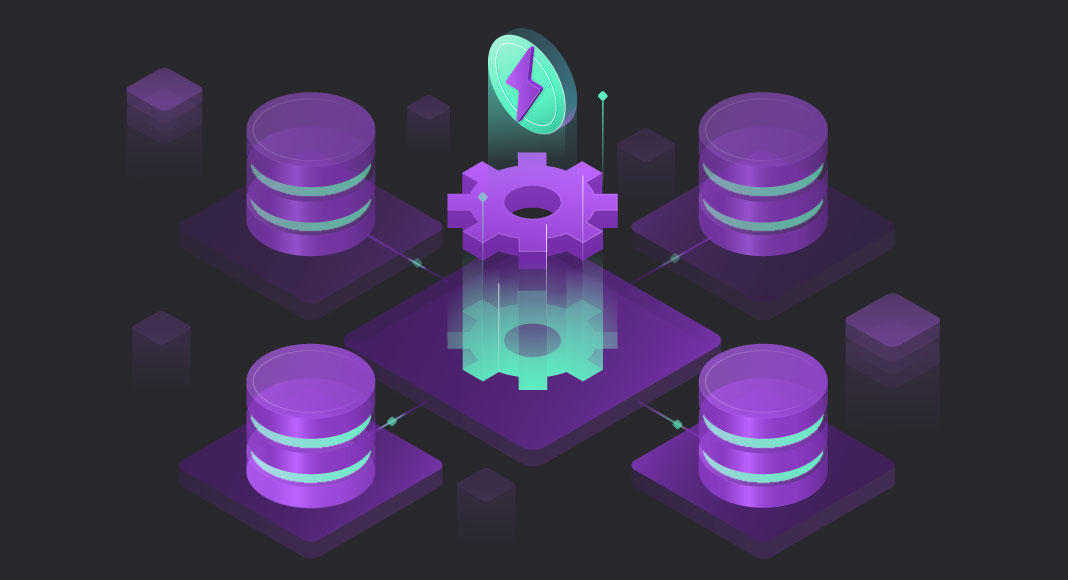
Delphi Data Access Components (DAC) assist in connecting Delphi applications to databases and ensuring seamless data retrieval and manipulation. To harness the full potential of Delphi DAC, developers need to optimize their database communication techniques. For any other software development tool, keep abreast of the versions of Delphi Data Access Components. Each update brings bug fixes, performance enhancements, and new features to enhance database communication. Using the latest version, you have access to the codebase available.
Choose the right database access components
Delphi offers various Delphi database components like ADO, BDE, FireDAC, and dbExpress, among others. Choosing the component for your specific database system for optimal performance. Consider factors such as database type, connectivity requirements, and the scale of your application while making this decision. Connection pooling is a method in which a reservoir of pre-established database connections is managed, and clients reuse these connections instead of generating new ones for every request. This approach considerably diminishes the burden of establishing new connections, resulting in enhanced performance.
Optimize SQL queries
Well-optimized SQL queries have a profound impact on database performance. Avoid using SELECT * as it fetches unnecessary data and only retrieves the required columns. Use indexes on columns that are frequently used in WHERE clauses to speed up query execution. Parameterized queries should be preferred over concatenated ones to prevent SQL injection attacks and improve caching efficiency. Utilizing caching mechanisms reduce database load and enhances application responsiveness. Delphi Data Access Components offer caching options that store frequently accessed data in memory, reducing the need for repeated database queries.
Avoid excessive transactions
Transactions are essential for maintaining data integrity, but they also slow down database communication if not used wisely. Minimize the duration and scope of transactions to prevent unnecessary locking and contention issues. Rather than updating records individually, contemplate employing batch updates where numerous changes are transmitted to the database in a single operation. This diminishes the number of round trips between the application and the database, leading to enhanced performance. Regular maintenance tasks on your database, such as index optimization, defragmentation, and archiving old data. Keeping the database in good health ensures efficient communication with Delphi DAC.
Monitor and log database interactions
Keep a close eye on the database interactions in your application. Implement logging and monitoring mechanisms to identify bottlenecks and areas that require optimization. Analyzing the logs helps you pinpoint performance issues and optimize the database communication accordingly. Only fetch the data that your application needs. Avoid retrieving large datasets when you only require a small portion of the information. Minimizing data retrieval not only speeds up communication but also reduces the memory footprint.
Also, ensure that all queries against databases are well-structured. Use stored procedures when appropriate, as they decrease network traffic and improve response times. Use parameters to avoid dynamic SQL queries to safeguard against Injection attacks. Cancel long-running before they fully execute to reduce the time spent waiting on slow queries. Regularly evaluate your code for possible performance optimizations, such as using indexes to speed up query operations.
